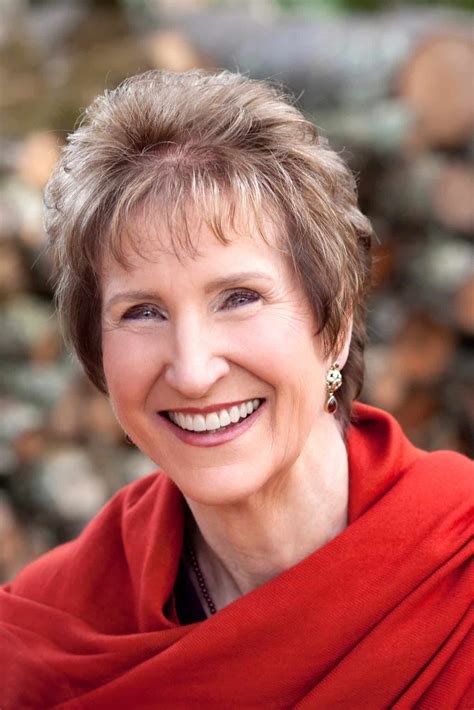A Quote by D. A. Carson
"Study Bible" is the expression used for Bibles that include significant explanatory notes, usually at the bottom of the page, sometimes in the margins. Often a Study Bible will also include some brief articles, photographs of geographical and archaeological sites, fairly extensive maps, and charts that summarize a lot of information.
Related Quotes
There is more Bible buying, Bible selling, Bible printing and Bible distributing than ever before in our nation. We see Bibles in every bookstore - Bibles of every size, price and style. There are Bibles in almost every house in the land. But all this time I fear we are in danger of forgetting that to HAVE the Bible is one thing, and to READ it quite another.
Some fundamentalists go so far as to reject psychology as a disciplined study, which is unfortunate and polarizing. By definition, psychology is the study of the soul, theology is the study of God. Generally speaking, systematic theology is a study of all the essential doctrines of faith, and that would include the study of our souls (psychology).
I know no study that will take you nearer the way to happiness than the study of nature - and I include in the study of nature not only things and their forces, but also mankind and their ways, and the moulding of the affections and the will into an earnest desire not only to be happy, but to create happiness.
I moved to Philadelphia to go to school at Eastern partly because I wanted to study the Bible and I also went to study sociology. I like how Karl Barth said we have to read the Bible in one hand and the newspaper in the other so that our faith doesn't just become a ticket into heaven and a license to ignore the world around us.
Archaeology is a science, and like all sciences, has its limitations. For one, archaeological discoveries made in the past centuries have been reappraised and reinterpreted by more recent findings. Some of the older positive claims, as well as most of the negative criticisms of the Bible, have changed, usually for the better. For another, the actual amount of archaeological evidence is quite small. It has been estimated that less than 1% of archaeological sites in the Holy Land have been excavated, and those that have been excavated have only been partially excavated.




































